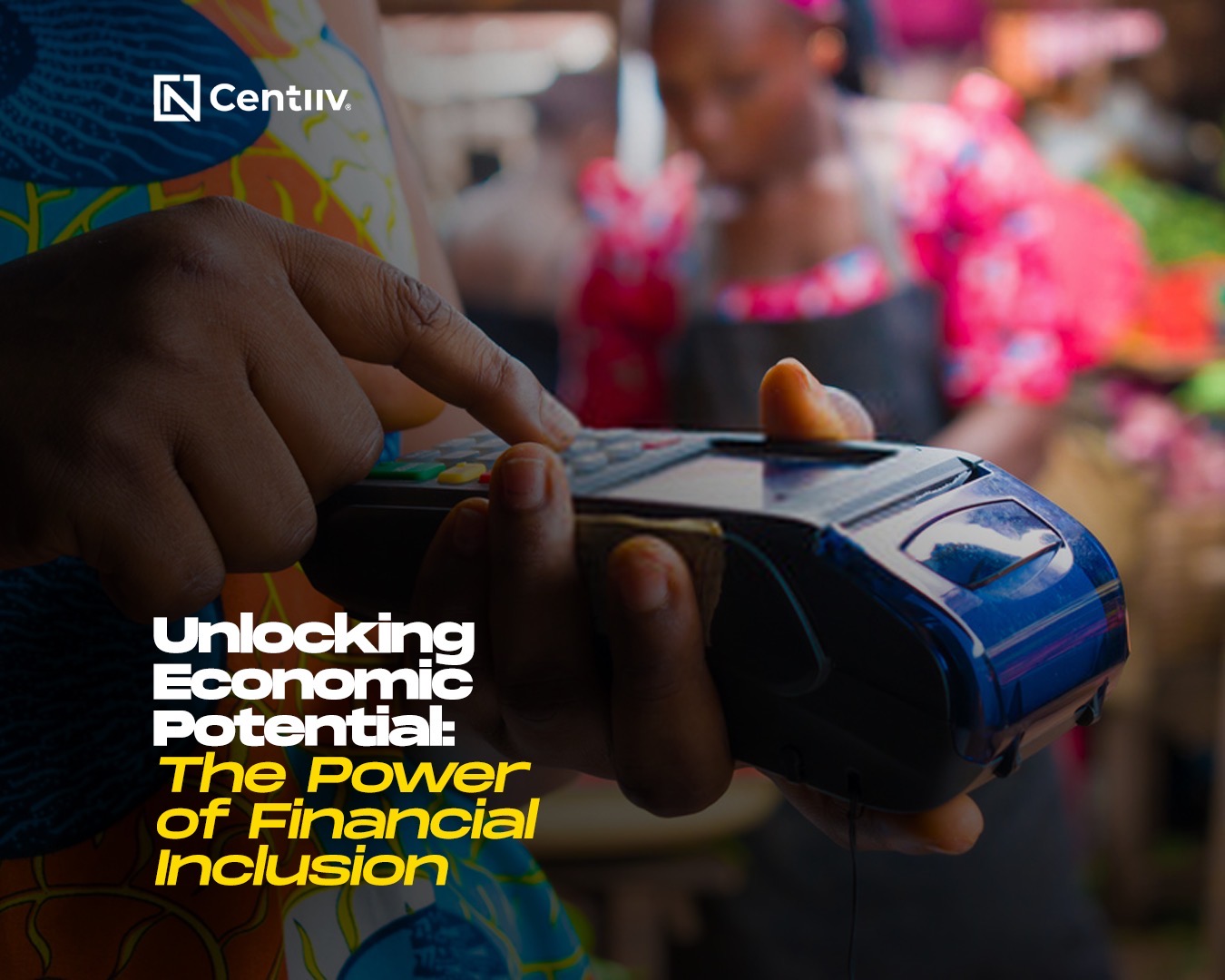
Unlocking Economic Potential: The Power of Financial Inclusion
In an increasingly interconnected world, financial inclusion has emerged as a critical concept with the potential to revolutionize economies and uplift millions out of poverty. Defined as the accessibility and availability of affordable financial services for all individuals and businesses, financial inclusion aims to empower marginalized populations, foster economic growth, and create a more equitable society. This article explores the importance of financial inclusion, its benefits, and the role of fintech in driving this transformative movement.
The Significance of Financial Inclusion
Financial inclusion is not just about extending banking services to the unbanked; it is a catalyst for social and economic development. When individuals and businesses gain access to formal financial systems, they can unlock numerous opportunities that were previously inaccessible. Here are a few key reasons why financial inclusion matters:
- Poverty Alleviation: Financial inclusion is a potent weapon against poverty. By providing access to savings accounts, credit, insurance, and other financial services, individuals and households can build resilience, manage risks, and accumulate assets, thus breaking the cycle of poverty.
- Economic Growth: Financially inclusive economies tend to experience higher levels of economic growth. When individuals and businesses have access to affordable credit, they can invest in education, entrepreneurship, and productive activities, which contribute to job creation, innovation, and overall economic development.
- Gender Equality: Financial inclusion plays a crucial role in advancing gender equality. By providing women with equal access to financial services, they gain economic independence, decision-making power, and the ability to invest in their families and communities. Studies have shown that when women are financially included, societies thrive.
- Financial Stability: Widespread financial inclusion strengthens the stability and resilience of financial systems. As more individuals join the formal banking sector, their savings are protected, and they become less vulnerable to predatory lending practices and financial shocks. This, in turn, fosters stability in the overall economy.
- Fintech: Transforming Financial Inclusion: The emergence of financial technology (fintech) has revolutionized the way financial services are delivered, particularly in underserved areas. Fintech solutions leverage digital technologies to overcome traditional barriers and provide accessible, affordable, and efficient financial services. Here’s how fintech is driving financial inclusion:
Mobile Banking and Payments: Mobile devices have become powerful tools for financial inclusion, especially in regions with limited physical banking infrastructure. Mobile banking apps and digital wallets allow individuals to access banking services, make payments, and conduct financial transactions with ease, using just their smartphones.
Microfinance and P2P Lending: Fintech platforms have democratized access to credit by enabling microfinance institutions and peer-to-peer lending platforms. These technologies leverage alternative data and innovative credit assessment models to provide loans to underserved individuals and small businesses that were previously deemed unbankable.
Digital Identity Verification: Establishing identity is often a significant barrier to financial inclusion. Fintech offers solutions such as biometric identification, digital KYC (Know Your Customer) processes, and blockchain-based identity verification, enabling individuals to prove their identity remotely and securely, even without traditional identification documents.
Data Analytics and Credit Scoring: Fintech leverages big data analytics and machine learning algorithms to develop alternative credit scoring models. This allows lenders to assess creditworthiness based on non-traditional data sources, such as mobile phone usage, transaction history, and social media behavior. As a result, more individuals can access credit based on their actual financial behavior rather than relying solely on traditional credit history.
Conclusion
Financial inclusion has the potential to create a transformative impact on economies and societies by empowering individuals and businesses through access to affordable financial services. Fintech has emerged as a powerful force in driving financial inclusion, leveraging digital technologies to bridge gaps and provide accessible solutions. However, challenges such as infrastructure limitations and regulatory complexities must be addressed for comprehensive financial inclusion to become a reality. By fostering collaboration between governments, financial institutions, and fintech innovators, we can unlock the full economic potential of individuals and communities, creating a more inclusive and prosperous future for all.
